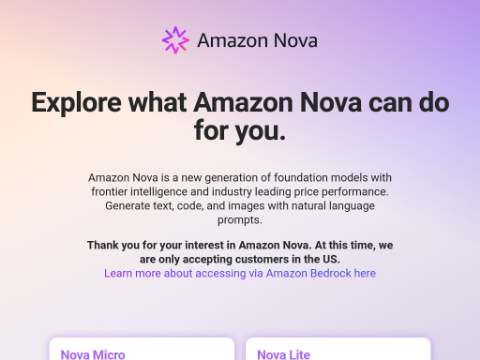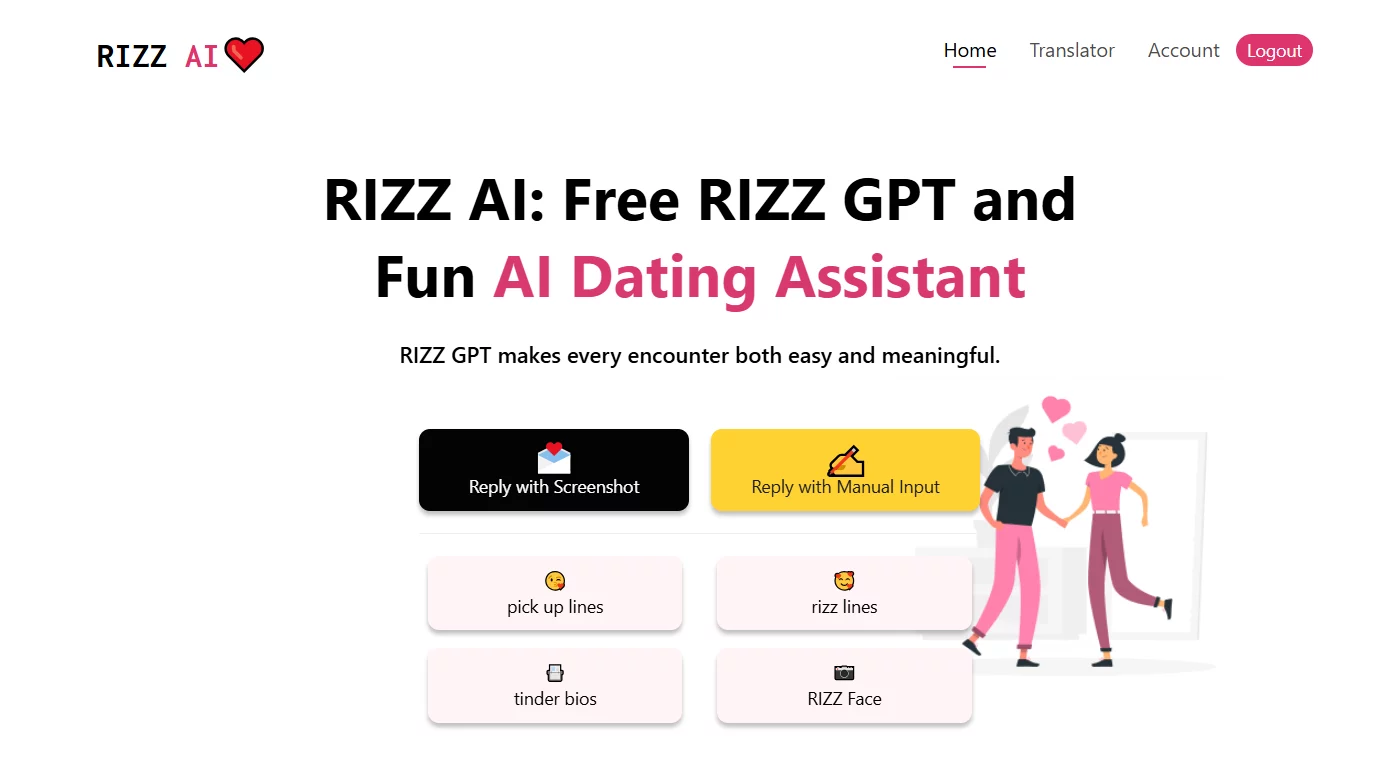At GTC 2025, Nvidia's CEO revealed that the company is collaborating with Disney Research and Google DeepMind to develop a physics engine named Newton. This engine aims to simulate how robots move in real-world environments.
Disney will be among the first to utilize the Newton engine, powering its next-generation entertainment robots, such as the Star Wars-inspired BDX droids. During Huang's keynote speech, a BDX droid even shared the stage with him.
Nvidia plans to release an early open-source version of Newton later in 2025.
For years, Disney has been working towards introducing these Star Wars-style robots in its global theme parks, showcasing them in controlled demonstrations on multiple occasions, most recently at SXSW 2025. With advancements like the Newton engine, Disney believes the technology is now ready and intends to roll out these robots across several parks starting next year.
Kyle Laughlin, Senior Vice President of Disney Imagineering, stated in a press release that the collaboration with Nvidia and Google DeepMind will play a crucial role in advancing Disney's entertainment robotics.
According to Nvidia, the Newton engine will make robots more "expressive" and help them "learn to handle complex tasks with greater precision." The physics engine is designed to assist developers in simulating interactions between robots and the natural world, a common challenge in robotics development.
Newton is highly customizable, allowing developers to program interactions involving deformable objects such as food, fabric, and sand.
In addition, Newton will be compatible with Google DeepMind's robotics development toolkit ecosystem, including its physics engine MuJoCo, which simulates multi-joint robot movements.
The announcement of Newton was one of many highlights from Nvidia at GTC 2025. The company also introduced Groot N1, an AI foundational model for humanoid robots, which claims to enhance a robot’s environmental awareness. Additionally, Nvidia shared updates on its next-generation AI chips, including Blackwell Ultra and Rubin, and unveiled a series of "personal AI computers."








